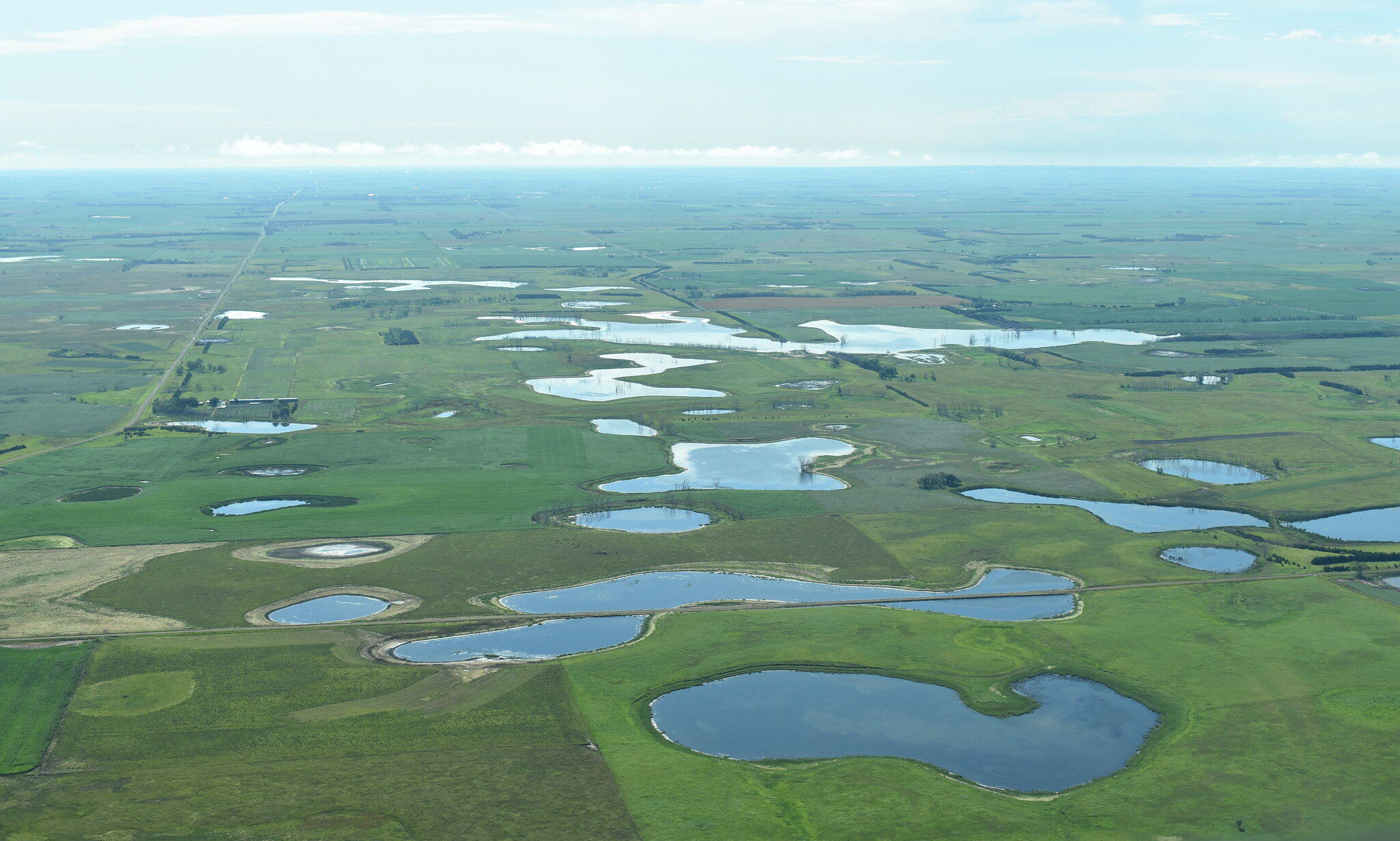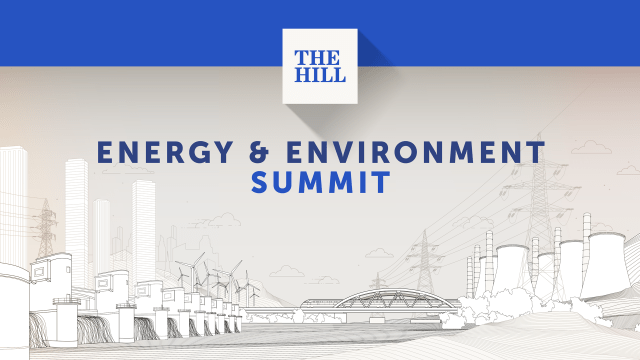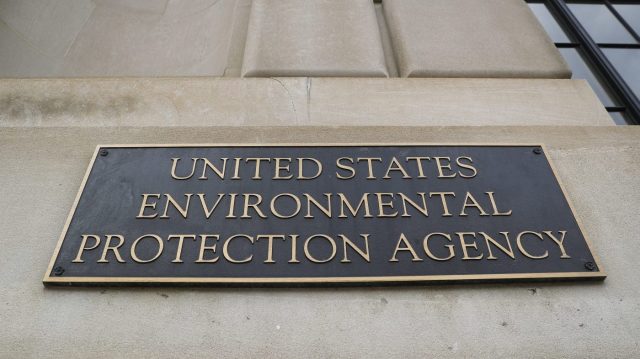
Cruise Control: France Clamps Down on Maritime Tourism with Strict Environmental Measures
In a groundbreaking move towards environmental preservation, France is pioneering innovative regulations for cruise ships along the picturesque Côte d'Azur. The coastal towns of Villefranche-sur-Mer and Nice are at the forefront of this transformative maritime sustainability initiative. These new regulations aim to dramatically reduce the environmental impact of cruise ships, targeting critical issues such as emissions, waste management, and marine ecosystem protection. By implementing strict guidelines, French authorities are sending a powerful message about the importance of responsible maritime tourism. The comprehensive approach includes mandates for cleaner fuel usage, advanced waste treatment systems, and reduced noise pollution. Cruise operators will now be required to meet stringent environmental standards, ensuring that the stunning Mediterranean coastline remains pristine for future generations. Local environmental experts praise the initiative as a crucial step towards balancing tourism economic benefits with ecological preservation. The regulations not only protect the region's delicate marine environment but also position France as a global leader in sustainable maritime practices. As climate change continues to challenge our planet, these proactive measures demonstrate France's commitment to innovative environmental protection strategies. The new cruise ship regulations represent a bold and inspiring model for other coastal destinations worldwide.









